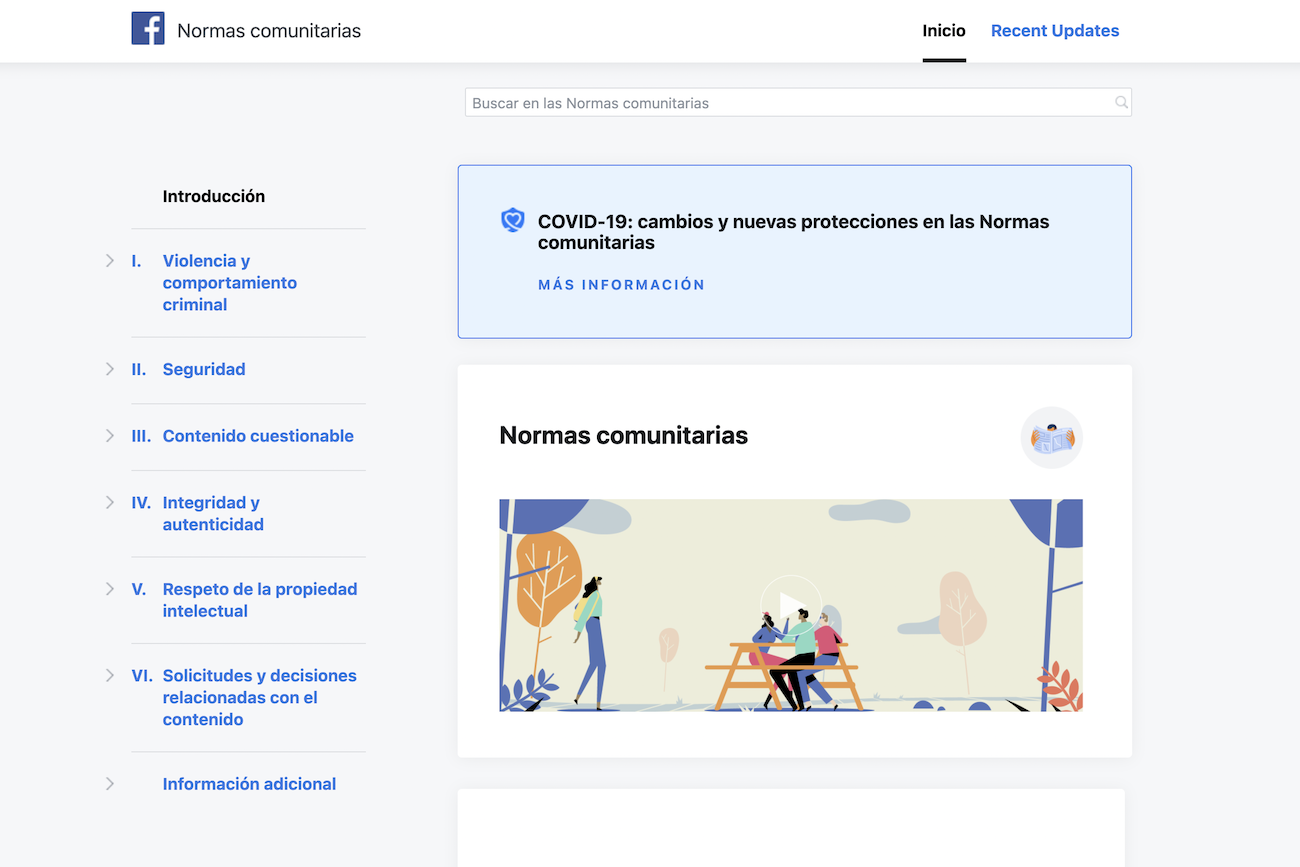It was 2016 when the death in the United States of a Minnesota citizen, Philando Castile, who was killed by a policeman in his vehicle and that his girlfriend, who was traveling with him, was responsible for broadcasting live on video through Facebook. His partner videotaped how Philando bled to death while the policeman kept pointing at her when she was barely breathing and she claimed that she had warned the agent that he had a licensed gun in his glove compartment, but was only going to pick up his documentation.
The shocking video recorded by the deceased’s girlfriend was temporarily unavailable on Facebook and was blamed on the censorship of the social network, although this assured that it was due to a technical problem and he has taken the opportunity to explain in which situations Facebook will censor your live broadcasts. However, this network did not immediately censor the video of a suicide. It was August 31, 2020 Ronnie McNutt, a former Iraqi veteran, shot himself with a rifle. As for the social one, he had knowledge, he deleted it and deleted all the possible copies that had already been generated. This did not prevent the video from circulating on platforms such as Twitter.
Censorship of violence on Facebook: context is everything
The statement issued on Facebook at the time highlights how difficult it is to have a responsible approach in these situations, because live video can be very useful in a time of crisis, to document an event or even to ask for help. Facebook has a 24-hour team dedicated to responding in these situations promptly, and the rules for allowing content are the same as those dictated by its “Community Standards“Or” Community standards. “

These Facebook rules prohibit as you know nudity, violence and hate speech, criminal acts, sexual exploitation and violence, self-harm, etc … Anyone who sees content that may go against these rules can report it and a single report is enough for Facebook to review the content. We already know that this social network is very little tolerant with matters that have to do with nudity.
Facebook explains that one of the most complex situations has to do with people who share moments or graphic images of violence on video. In these situations, context and severity are key to the social network. For example, as in the case of Philando Castile, if the video is shared as a complaint or is used to help arrest a criminal, Facebook will allow it to be published. However, if the video is broadcast to celebrate the violence or mock the victims, it will be removed immediately.
So the next time you go to broadcast live video on Facebook, Think first about whether you can break any of the community regulations since otherwise the social network could not only remove the content and block your account, but Facebook itself will be in charge of reporting it to the relevant authorities.
Tristin is an accomplished author and journalist, known for his in-depth and engaging writing on sports. He currently works as a writer at 247 News Agency, where he has established himself as a respected voice in the sports industry.












